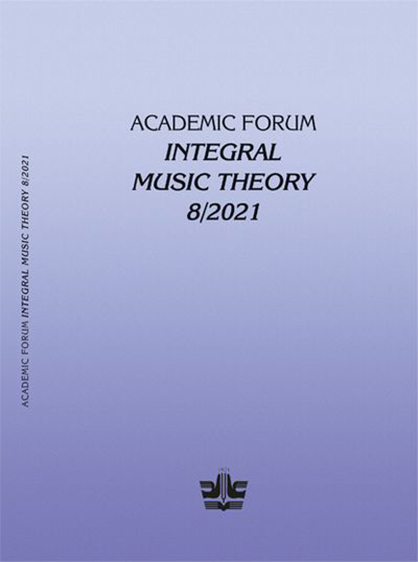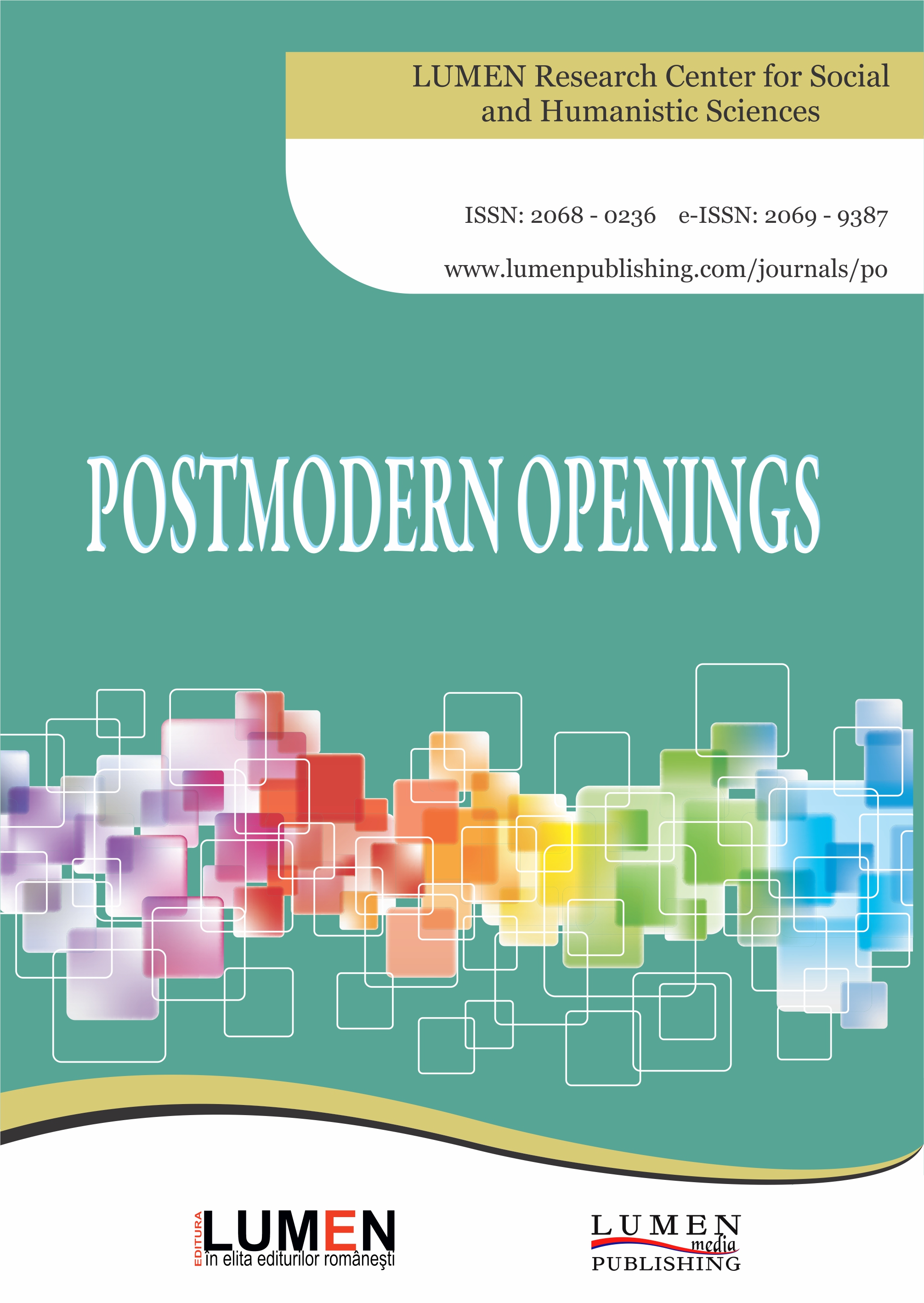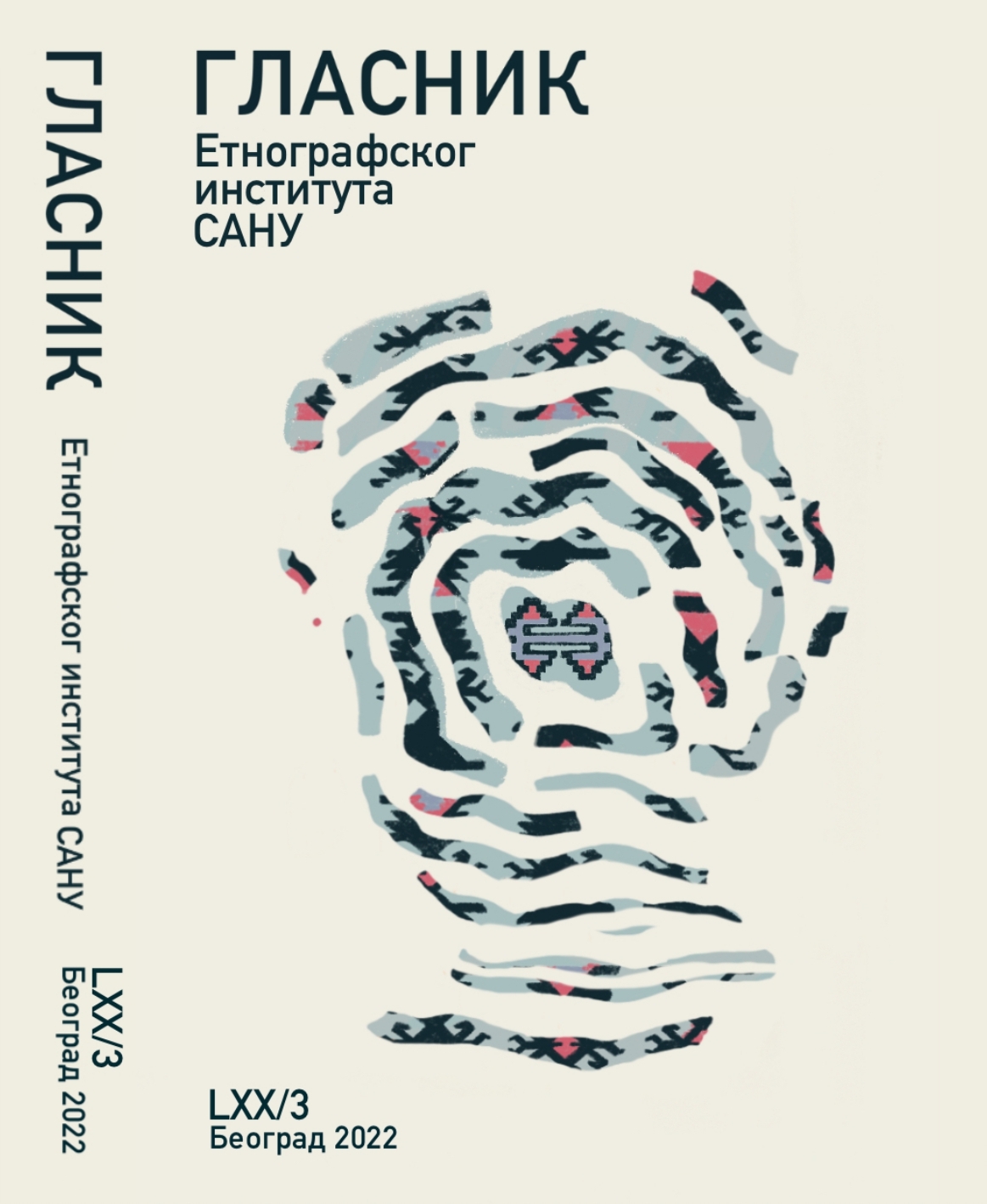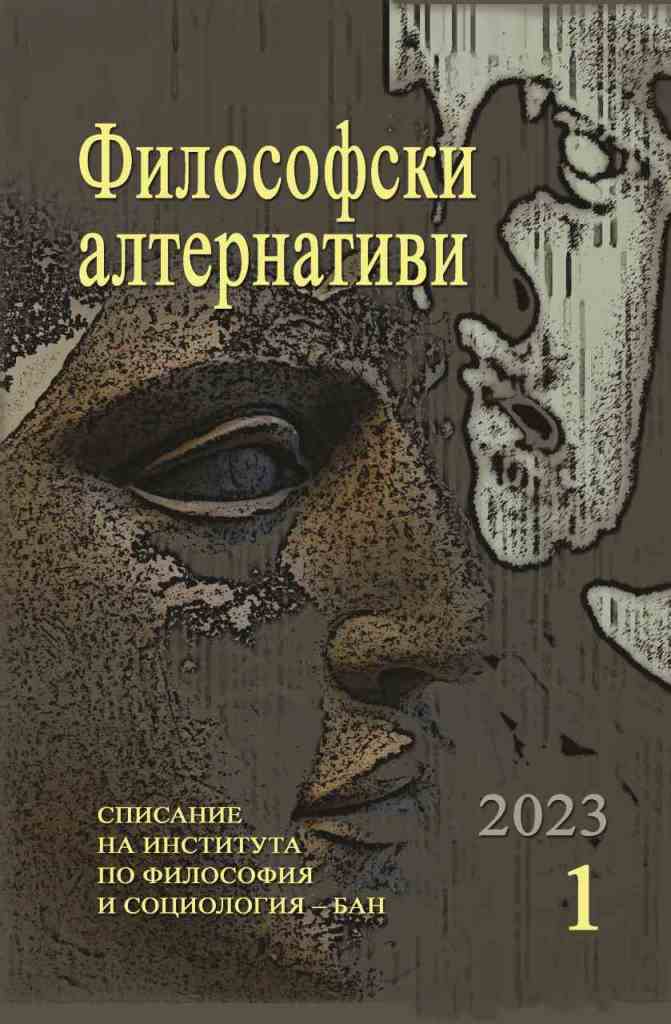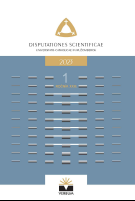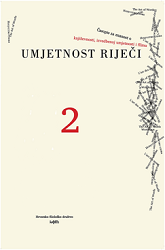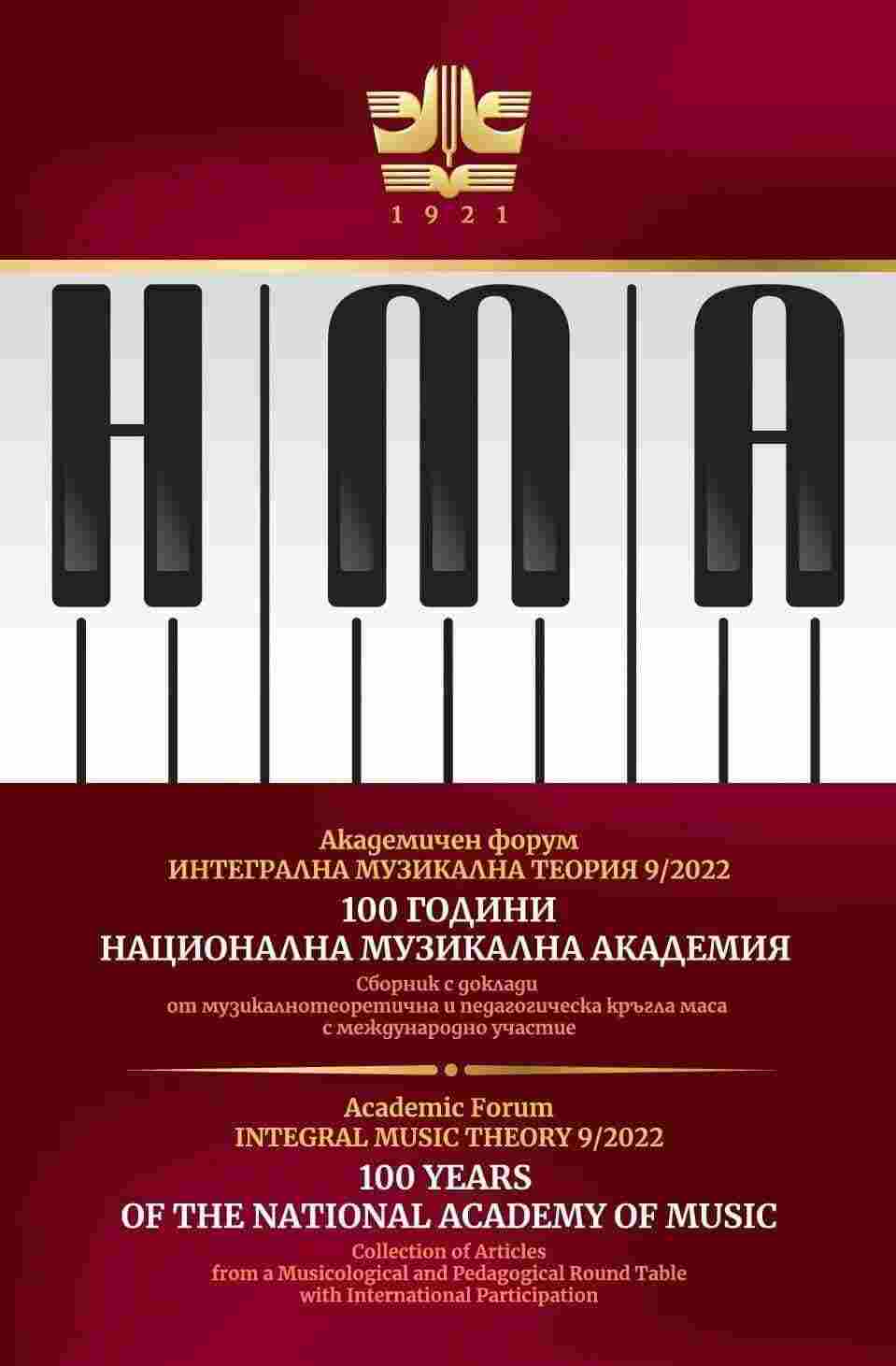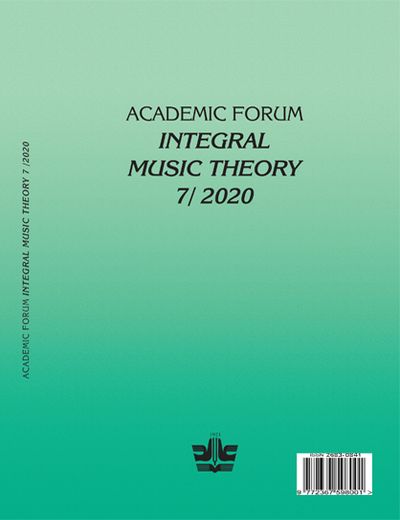
MUSIC’S INTERNAL PSYCHOLOGICAL WORLDS: THE ESSENCE OF SCHUBERTIAN DRAMATURGY
‘Schubert’s vocal and instrumental music incorporates much more drama than previously recognized; his dramatic innovations were sensed but not yet defined nor explained – awaiting appropriate contextualization’ These claims, by James Sobaskie and Joe Davies, are triumphantly vindicated in Drama in the Music of Franz Schubert. The intelligent sequence of the contributions guides the reader through Schubert’s efforts to write music for the stage via his abundant experience as a Liedkomponist to his handling of gesture, tonality, and sonata form in instrumental works, and illuminates the ingenuity with which Schubert assimilated the drama in his musical language to suit music both with and without text.
More...
